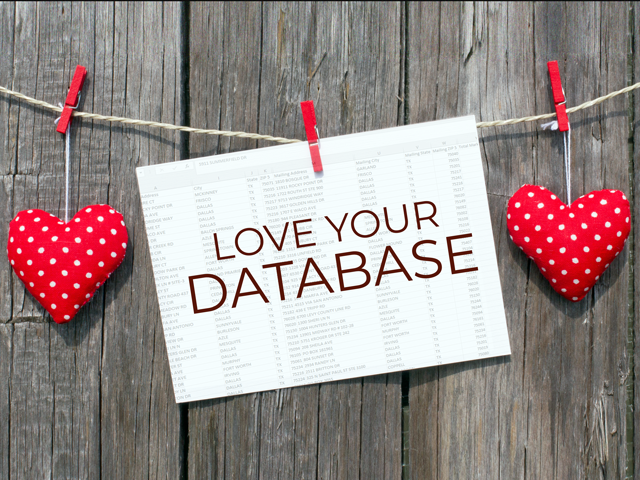A database is one of the most powerful tools a real estate agent can have. It can improve your real estate marketing, streamline communications, and help maintain organization.
What is a real estate database?
A real estate database is a list of your network connections or SOI (Sphere of Influence). It includes past clients, family, friends, colleagues, and acquaintances. If they might need your real estate services, add them in!
Some experts recommend having 1,000 people in your database. With a database of this size, an agent can expect to generate 60-100 transactions per year, regardless of market conditions.
Why is your database so important?
A database is an incredibly important tool for your real estate business. It provides you with a way to stay in touch with your past clients and nurture new relationships. This visibility helps you generate repeat business and referrals.
Having a large network that can refer potential customers or prospects to you increases the likelihood of growing your customer base quickly. This ultimately translates into a more sustainable income since you can produce high-quality leads. And these types of leads typically need less nurturing before closing a sale.
How to build an effective real estate database
Building a strong real estate database requires focus and dedication. You cannot rely on your memory or a stack of business cards to act as your database. Establish a well-organized place to store the data as you collect it. It could be as straightforward as an Excel sheet or part of a more comprehensive CRM system. The most effective database is the one you will actually use.
Always collect comprehensive data. Request last names, phone numbers, and email addresses. Jot down any relevant notes about each client’s individual needs. Use this data to generate lists or segments. Divide your database into categories such as former clients, vendors, or referrals. This way, each list gets messages and information specific to their real estate needs.
Choosing a Contact Relationship Management System (CRM)
If you choose to use a CRM, there are several factors to consider. Ease of use. You will want a system that is intuitive and easy to customize without needing a whole tech team. Costs, features, and functionality are also important factors. You want to get the most for your money, without a bunch of unnecessary bells and whistles. Strong customer support is also a must. Finally, pay attention to what integrations it has and how easily the CRM can connect to other tools you use.
Moving Forward
Stay consistent and proactive. When you land a new client or meet someone new who might be a good fit, add them to your database! Devise a system for staying in touch with them via email, text, periodic phone calls, or mailers. Many agents use their database to share events going on in the area, changes to interest rates, or other market condition news. Some simply send a kind message during the holidays or on their birthdays. Your database is not for the hard sell. It’s a gentle reminder of your presence and availability, so you remain top of mind.


Recent Comments